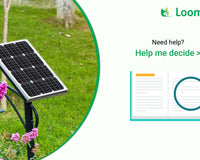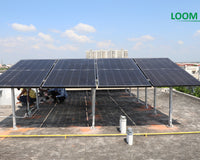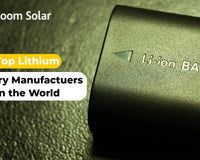When it comes to choosing between lithium batteries and lead-acid batteries for home use, Lithium batteries are generally considered a better option for home use due to their higher energy density, efficiency, longer cycle life, and lower maintenance requirements.
Based on these factors, Here's How
- Energy Density: Lithium batteries have a much higher energy density than lead-acid batteries. It refers, to lithium batteries that can store more energy in a smaller and lighter package.
- Efficiency: Lithium batteries are more efficient than lead-acid batteries. This higher efficiency translates into better overall performance and longer-lasting power supply.
- Cycle Life: Lithium batteries generally have a longer life cycle than lead-acid batteries. Whereas lead-acid batteries typically have a limited cycle life.
- Maintenance: Lead-acid batteries require regular maintenance, including checking and top-up electrolyte levels, whereas lithium batteries are maintenance-free.
- Cost: Initially, lead-acid batteries are generally less expensive than lithium batteries. However, lithium can be more cost-effective in the long run. Additionally, the cost of lithium batteries is reducing over time as technology advances and becomes more widely adopted.
- Safety: when it comes to safety, it’s always recommended lithium battery for home. The latest lithium-ion battery systems are equipped with extra safety features to minimize the risks of disaster.
In summary
Lithium-ion batteries are more efficient and durable than lead-acid batteries. The lithium-ion battery is more secure than a lead-acid battery, as lead-acid batteries contain concentrated sulphuric acid and require more maintenance can cause damage. However, it's important to evaluate your specific requirements, budget, and safety considerations before making a final decision.












